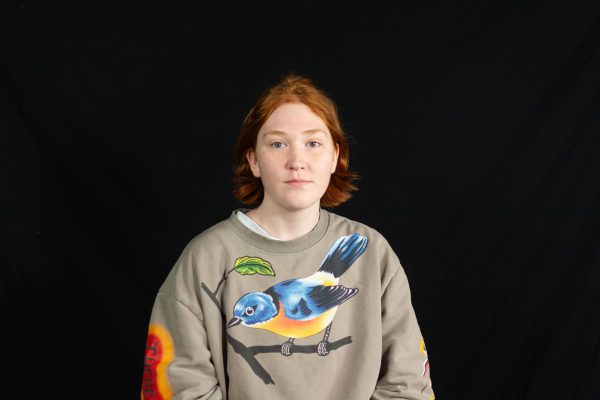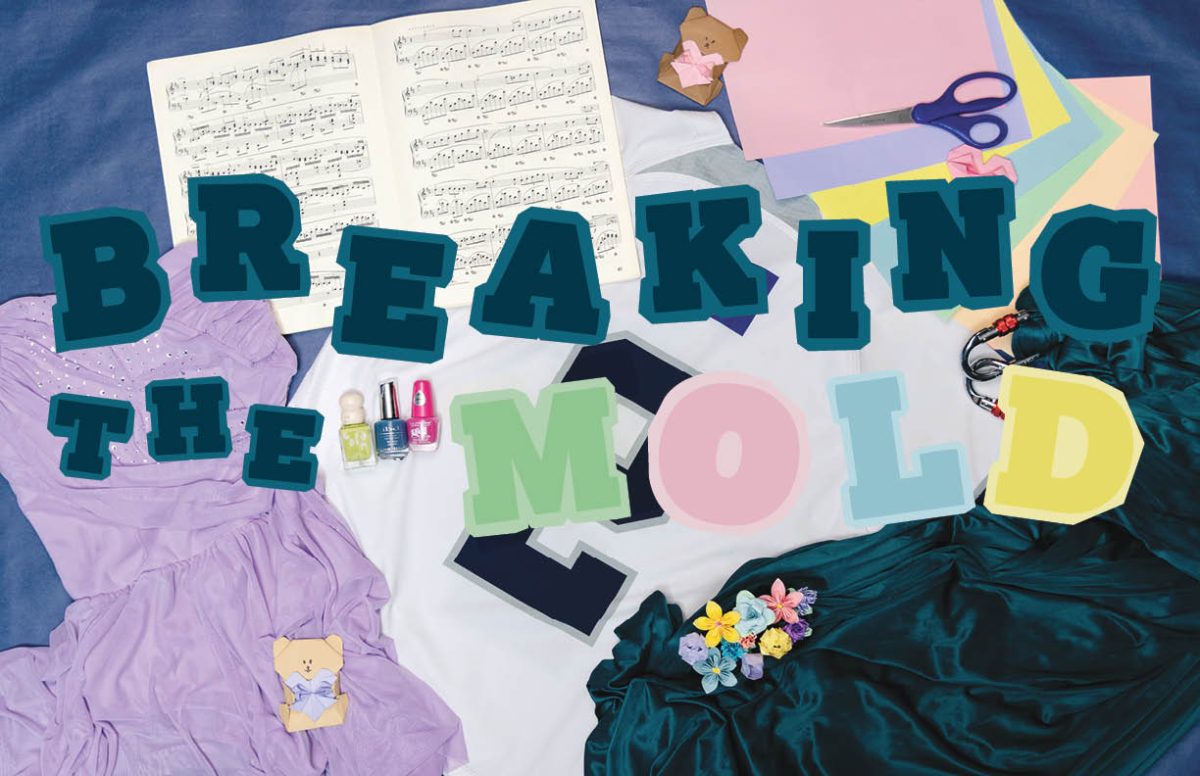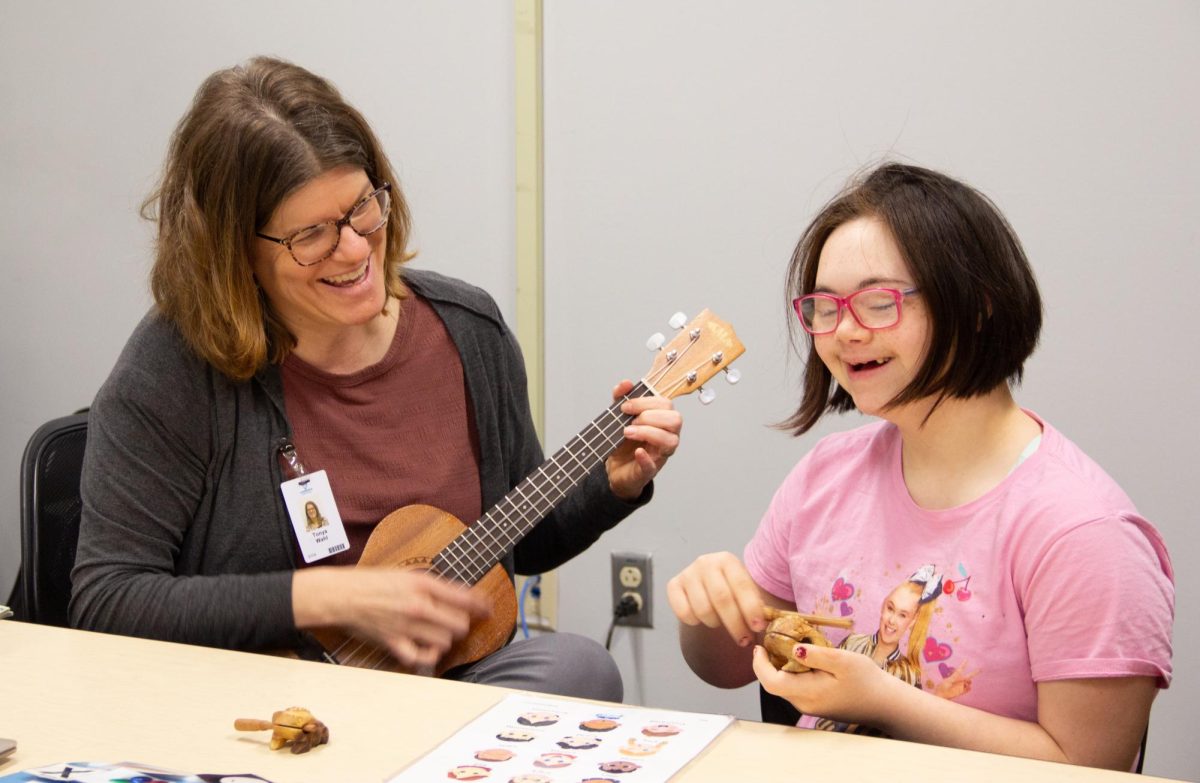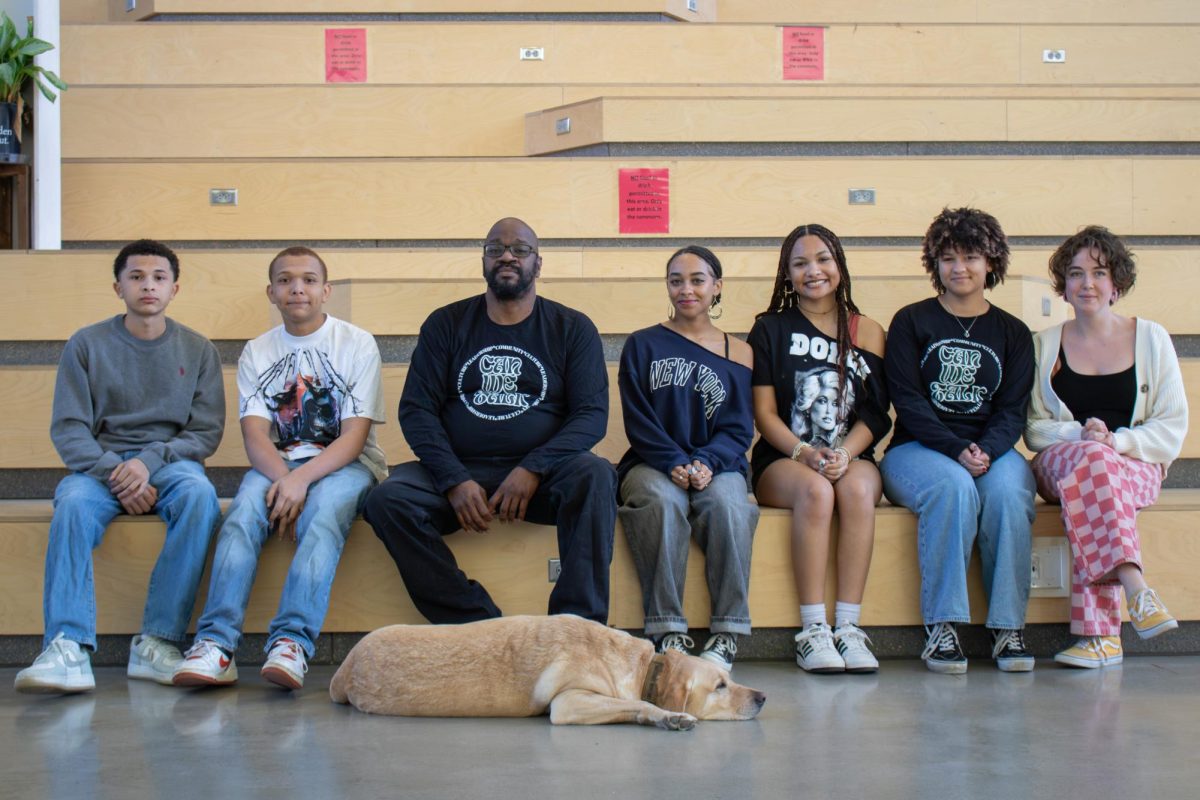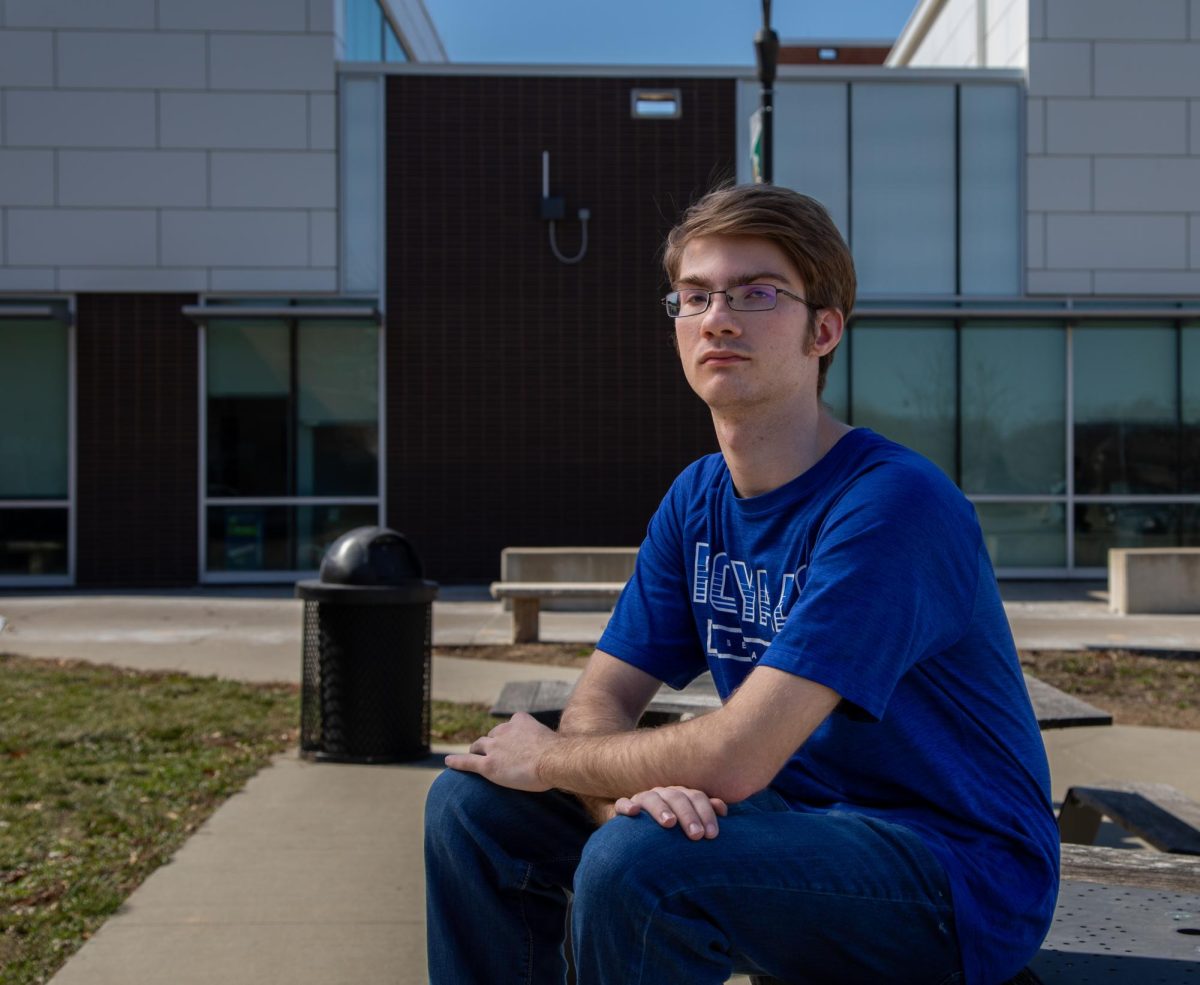Restorative practices attempt to avoid unnecessary punishment by strengthening community relationships and fostering conversations on harmful incidents. The University of Chicago Education Lab found that by replacing suspensions and expulsions with interventions and action plans, in-school arrests dropped by 35%— especially for students of color and students with special needs. A local faith-based social justice organization, Justice Matters, is working to implement these practices in the Lawrence school district with the hopes of reducing the number of exclusionary punishments.
Emily Fetsch, the lead organizer of Justice Matters, describes what makes Justice Matters unique in their efforts. The less traditional method of achieving community goals takes more time, but prevents more effort from being spent putting a bandaid on a bullet wound.
“For Justice Matters, we really think about the difference between mercy work and justice work. So for a lot of congregations, I think they’re good at pursuing clothing drives and food pantries and the things that might meet people’s immediate needs,” Fetsch said. “What we really focus on is injustice, what are the systemic causes of people needing those things … and how do we address that?”
Although many students are more active in youth-led activist organizations, Justice Matters welcomes and encourages students to participate. Senior Kaitlynn Sedich is part of a Justice Matters steering committee that pushes for restorative practices in schools, and says that their efforts are clearly reflected in the district.
“Restorative practices and restorative justice in the schools — we can see the direct implications of that, not only with more social and emotional learning…with discussion circles and trying to foster more positive communication,” Sedich said.
Teachers have been introduced to restorative practices, and some have even undergone professional development training related to the concept. One of these teachers is Kylee Johnston, the co-chair of the English Department. She says that sharing her personal story of growing up in a conservative family can help students understand different perspectives and that portrayal in the media isn’t everything.
“What are the ways that we are thinking about all groups of people, gender, socioeconomic status, race and sexual orientation? All those things are important … It’s good for us all as humans, but I think students appreciate being able to talk about their world and realize how their world fits into the worlds of others,” Johnston said.
To learn more about Justice Matters, attend their next action assembly on May 5, 2025 or visit their website.




